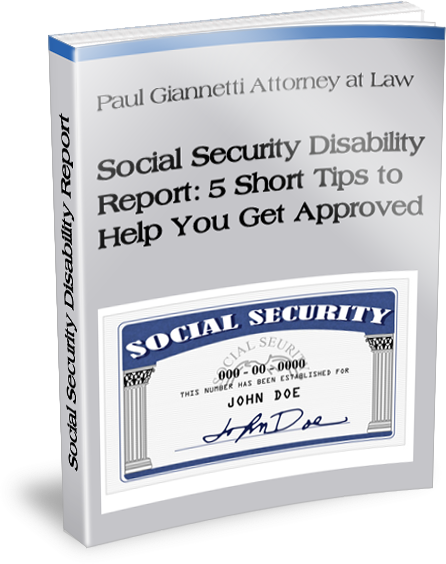Unless your impairment is expected to result in death, it must have lasted or be expected to last for a continuous period of 12 months for you to qualify for benefits. You don’t have to wait until you have been unable to work for a whole year to apply for benefits. The Social Security Administration will presume that your impairment will meet the duration requirement if it’s the type of condition that obviously will last a long time, for example a serious spinal cord injury.
Impairments That Are Likely to Improve
If you apply for benefits before you have been impaired for 12 months and you have the type of condition that could get better, your claim could be denied. This is often the case for broken bones, which usually heal within a year, although there certainly are exceptions. Alternatively, the initial decision on your claim could be delayed to see if your condition improves.
Conditions That Come and Go
Suppose you have a type of condition that comes and goes, like fibromyalgia, chronic fatigue syndrome, or migraines. Will it satisfy the duration requirement? The short answer is yes. Conditions that wax and wane or that have short periods of remission can meet the duration requirement. Your condition doesn’t need to be at the same level of severity for the entire 12 months. Ultimately, to get benefits, however, you will need to show that the flare-ups of your condition prevent you from holding down a full-time job.
Back-to-Back Impairments
If you have two completely different impairments, and neither one alone meets the 12-month requirement, can you add them together? Logically, it would seem you should be able to do so. Unfortunately, however, the answer is no. You can’t tack together unrelated severe impairments to meet the duration requirement. For example: The manager of a retail store has a stroke. She is off work for five months. Just as she is cleared for work by her doctor, she falls and injures her knee. Nine months later, after undergoing knee replacement surgery and rehab, she is again cleared for work. She is out of work for a total of 14 months. However, she is, unfortunately, not eligible for Social Security disability benefits because she does not meet the duration requirement.
When You Are Able to Return to Work
What happens if your condition improves and you are able to go back to work? Once you meet the 12-month duration requirement, you may be eligible for disability benefits for a temporary period if your condition improves enough to allow you to return to work.
